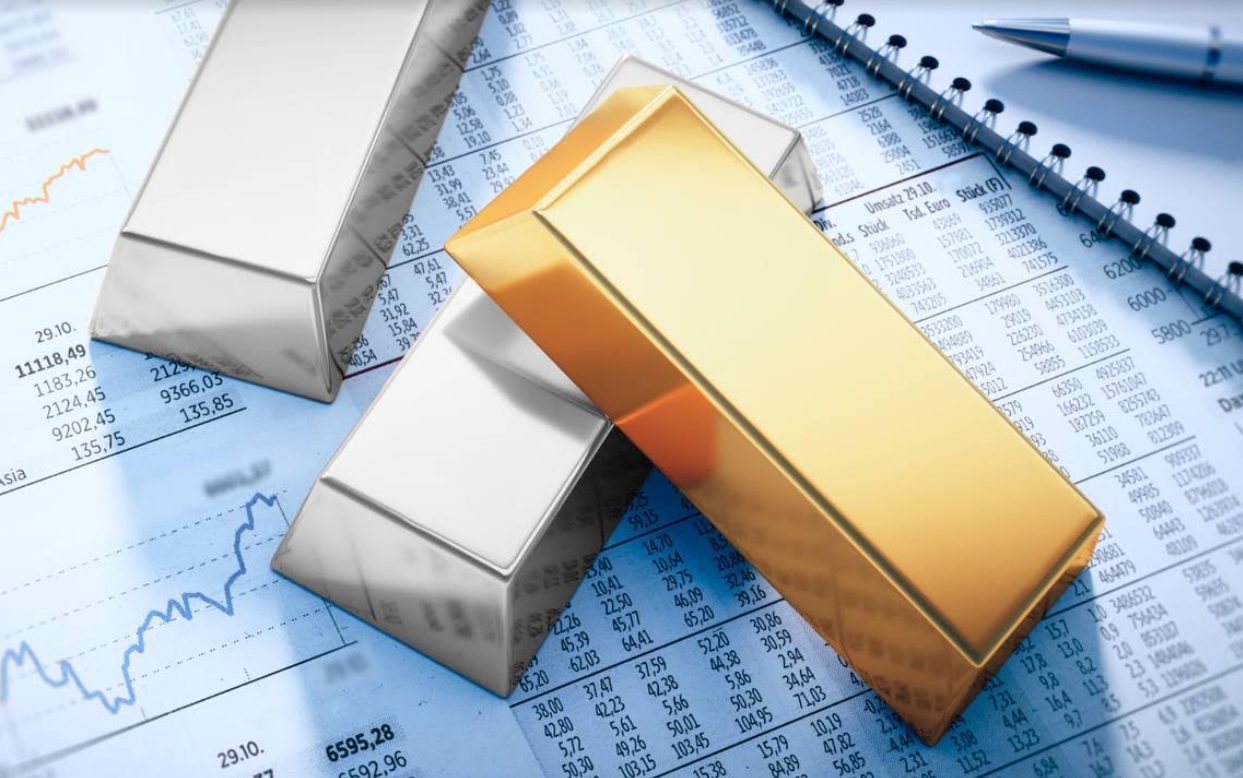Fixed Deposits (FDs) have earned their reputation as one of the most reliable investment options, especially for those who prefer security over high-risk returns.
If you’re the type of investor who values stability and wants to lock in guaranteed returns without worrying about market turbulence, FDs might be the perfect fit for you. But before diving in, it’s important to fully understand what makes Fixed Deposits secure, and the potential risks that come with them.
Why are Fixed Deposits considered secure?
1. Guaranteed returns
When you invest in an FD, the interest rate on fixed deposit is fixed for the duration, regardless of market fluctuations. This means you know exactly how much you will receive at maturity, making FDs a predictable and low-risk option.
2. Protection from market volatility
Unlike market-linked investments such as Mutual Funds or stocks, Fixed Deposits are insulated from market ups and downs. This makes FDs a stable investment, as your principal is not affected by economic changes or market fluctuations.
3. Deposit insurance
In India, bank deposits, including FDs, are insured by the Deposit Insurance and Credit Guarantee Corporation (DICGC). This guarantees up to ₹5 lakh per depositor, including both the principal and interest. Even in the unlikely event of bankruptcy, your investment is protected up to this limit.
Risks associated with Fixed Deposits
1. Interest rate risk
Once you lock in your money in an FD, the interest rate is fixed for the tenure. If interest rates rise after you’ve invested, you won’t benefit from the higher rates. This means you could miss out on potentially better returns if market interest rates increase.
2. Premature withdrawal penalties
If you need to access your money before the FD matures, you may have to pay a penalty. This could result in lower interest rates or even loss of some interest, reducing the overall returns. It’s important to consider your liquidity needs before choosing an FD tenure.
3. Inflation risk
While FDs provide fixed returns, they may not always keep pace with inflation. If inflation rates exceed the interest earned on your FD, the real value of your money may decline, eroding your purchasing power over time.
4. Taxation on interest
Interest earned on FDs is fully taxable. Depending on your tax bracket, a significant portion of your returns could be lost to taxes. For those in higher tax slabs, this could reduce the effective yield of the FD considerably.
How to mitigate risks?
1. Diversify your FDs
Instead of locking all your money in a single FD for the long term, consider splitting your investments into multiple FDs with varying tenures. This allows you to take advantage of higher interest rates when they rise and ensures liquidity when needed.
2. Opt for Tax-Saving FDs
Tax-Saving Fixed Deposits offer tax benefits under Section 80C of the Income Tax Act, reducing your overall tax liability. While these FDs come with a 5-year lock-in period, they offer a way to earn tax-efficient returns while enjoying the safety of an FD.
Conclusion
Fixed Deposits are a reliable and safe investment choice for those seeking security and steady returns. However, it’s important to weigh the potential risks, such as inflation and interest rate fluctuations, when planning your investment. With strategies like diversifying your FDs and opting for tax-saving FDs, you can maximise the benefits while keeping your investment safe.
Remember, always assess your financial needs, risk tolerance and investment horizon before locking your funds in a Fixed Deposit.







